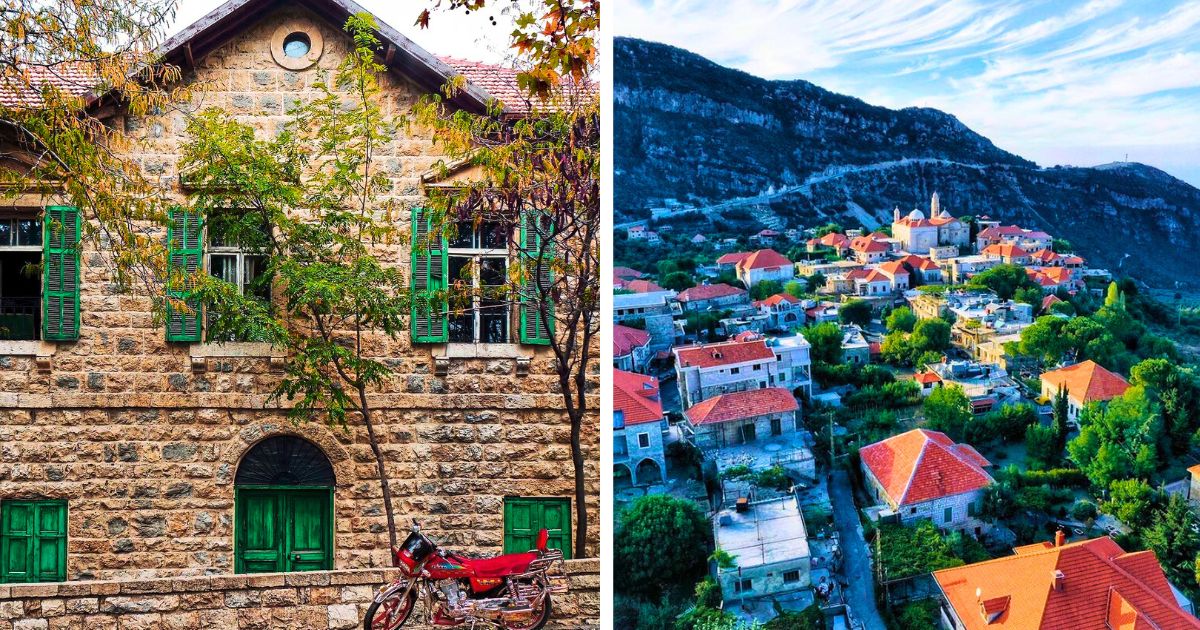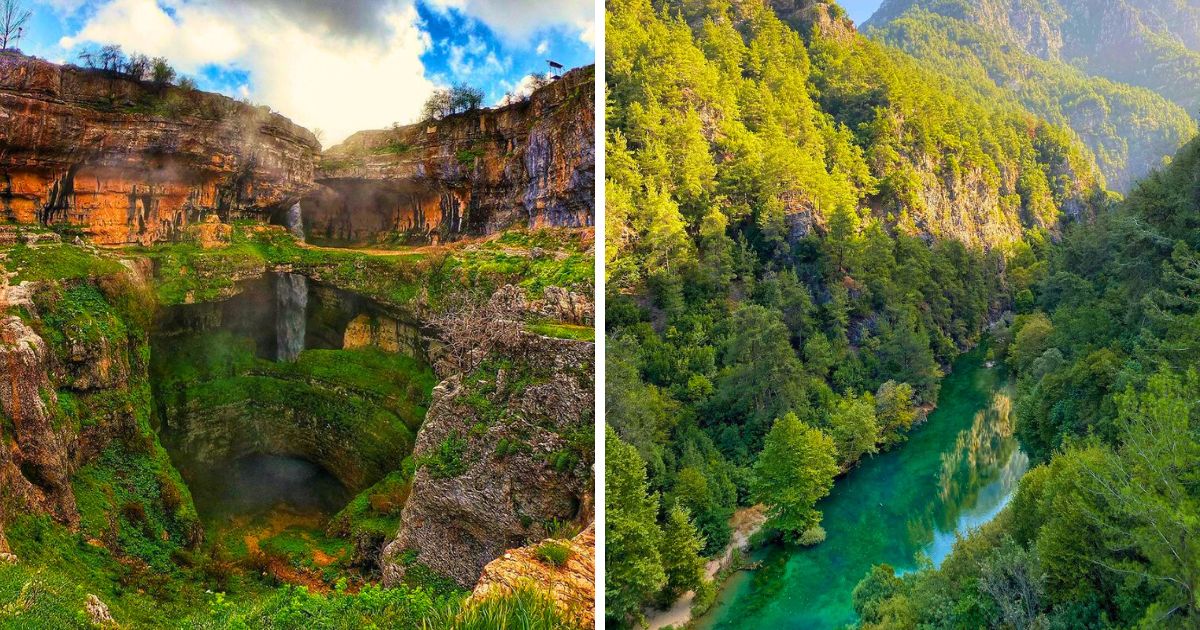Nizar Haddad, a Lebanese architect, constructed a “self-sufficient”, eco-friendly home for himself in Baskinta, Lebanon, to raise awareness of the pollution caused by construction.
Nizar Haddad graduated from the Academie Libanaise des Beaux-Arts (ALBA) with a specialized degree in architecture. He founded NH-Architects in 2011, implementing his evolving vision of architecture and his passion for nature as guidelines.
These include the application of sustainable construction and the reduction of the industry’s carbon footprint while creating healthy and affordable dwellings.
“Today, there is a problem in architectural engineering, it pollutes the environment very much, the whole construction process is not eco-friendly, it pollutes both water and air, it’s also inefficient,” stated Haddad. “Houses today always require heating, cooling, electricity, and water so there is high dependency.”
The project is titled “Lifehaus” and the architecture of the structure is intended to reduce carbon footprints by using recyclable materials, local resources, and traditional methods.
Lifehaus relies on solar panels and a rainwater collection system to generate water and electricity. The building is also constructed using natural mud brick walls that include up-cycled glass bottles to provide light.
Another of his firm’s projects is the Green Residential Project, a house of raw stone walls, and which “is a part of the ground that was torn out to create the shelter underneath, for complete integration in the environment.”
Another Lebanese architect with eco-friendly principles is Lina Ghotmeh, who has been selected to design the 2023 Serpentine Gallery Pavilion. She is also incorporating upcycled materials to complete her projects while lowering her carbon footprint.

















